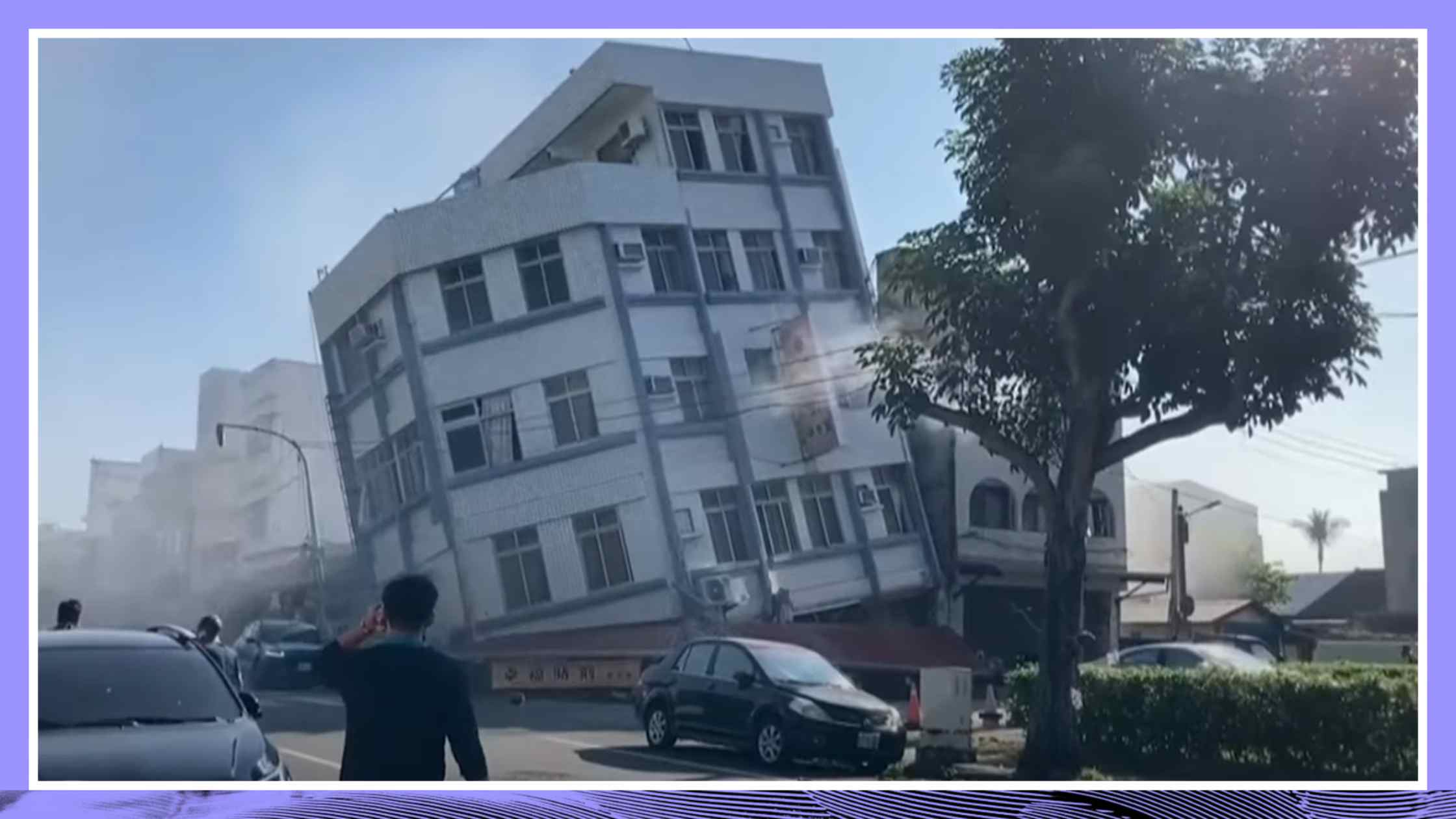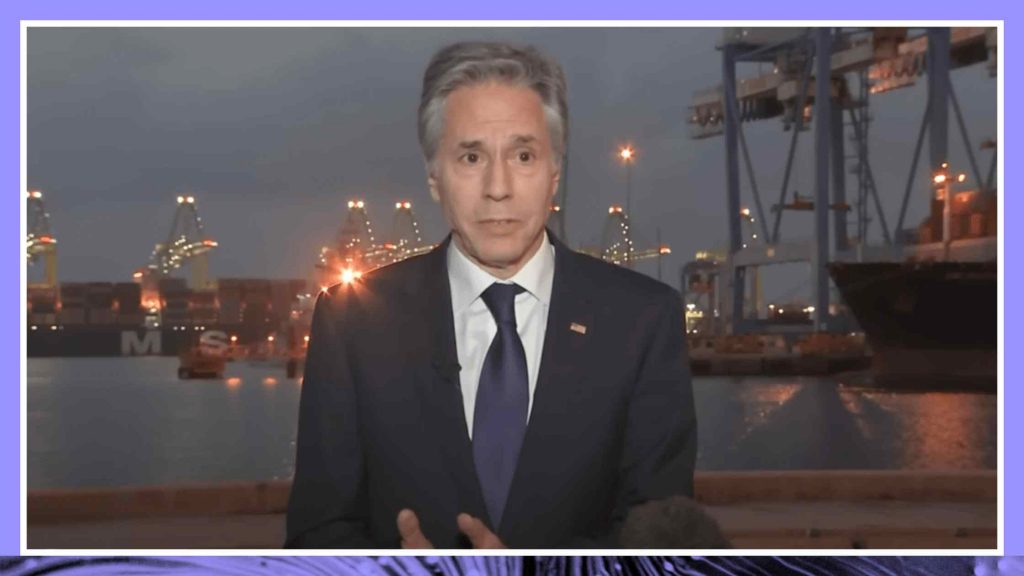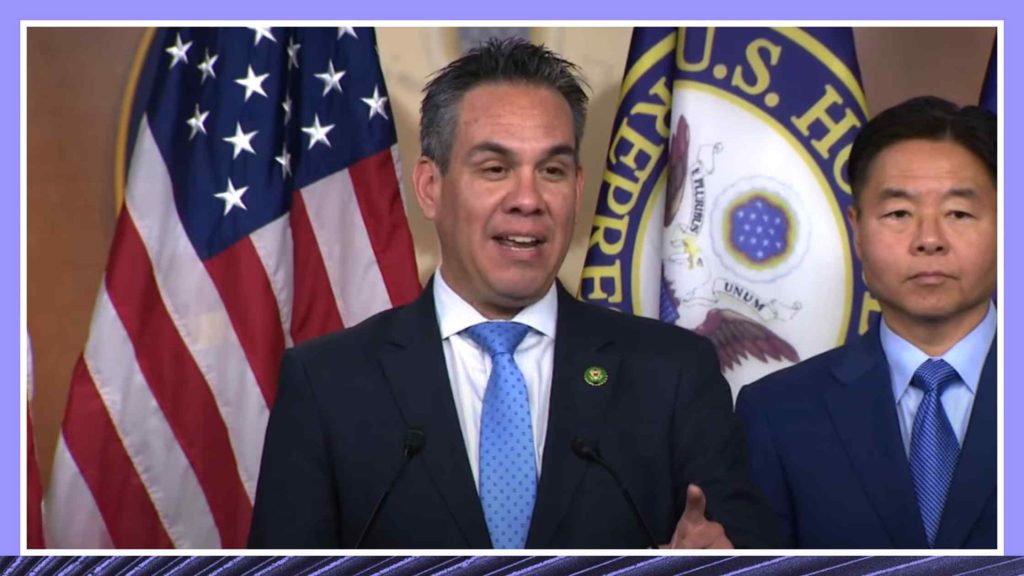Apr 3, 2024
Taiwan Hit by Massive 7.4 Magnitude Earthquake

Taiwan has been struck by its most powerful earthquake in 25 years. Read the transcript here.
We begin with the news that a powerful earthquake has hit the east coast of Taiwan with reports of at least four dead and 50 people injured. The quake triggered tsunami alerts in the Philippines and Japan. Officials say flights were suspended at Okinawa’s main airport as a precautionary measure. Now the US Geological Survey says the quake measured 7.4 in magnitude, and that the intensity of the shaking was very high. These are some of the recent pictures you’re looking at now from Hualien in Taiwan where buildings have collapsed. There are also reports of power outages as well as multiple powerful aftershocks in the region. Well, the BBC’s Rupert Wingfield-Hayes is in Taipei. He described what happened.
Rupert Wingfield-Hayes (00:47):
When the quake struck I was here in my home and it was very, very violent. The whole building swayed, things were knocked off shelves, furniture was knocked over. I actually had to hang on to my kitchen countertop for stability. That’s how much it was shaking here in Taipei, which is over a hundred kilometers, 150 kilometers from the epicenter. So you can imagine that close to the epicenter in the city of Hualien the shaking was much, much more violent than that, and it’s done much more damage there than it has here. We’ve seen pictures of at least two large buildings, partially collapsed, leaning over at very precarious angles. But I have to say, given the strength of the shaking, the intensity of the shaking from this very shallow earthquake, it looks at the moment like Hualien and the east coast has got away reasonably unscathed. I mean, we do now have reports of deaths and injuries.
(01:42)
Those appear to have come from landslides, which have been unleashed right along the east coast of Taiwan. The difference between here and Taipei and the west coast of Taiwan and the east of the island is dramatic. It’s very rugged over there. It’s very mountainous. There are narrow valleys and the mountains come down right into the Pacific Ocean, and this quake has unleashed many, many landslides that have cut roads, that have brought down bridges, and we think have also buried some people. So it’s still early hours are after the quake, but at the moment, that area is cut off, but it does look like major buildings and major urban infrastructure has survived the quake.
Speaker 1 (02:21):
That was Rupert Wingfield-Hayes. Well, our correspondent Shaimaa Khalil is in Tokyo. Shaimaa, it’s good to have you on. What was the reaction in Japan given its own history of earthquakes and tsunamis?
Shaimaa Khalil (02:35):
Yes, it’s been a very tense morning here in Japan. The authorities have initially issued a tsunami warning in the southwestern area, the first tsunami warning actually to be issued for Okinawa in the southwest and the areas around it, the coastal areas around it since the 2011 major earthquake back then. It was very dramatic. We’ve heard from locals there who said that they had the alarms on their phones go off early in the morning, that the alarms around them went off as well, and that they were being urged to evacuate immediately, many of whom went to higher ground. Some were taking shelter in schools. The tsunami warning itself has since been lifted, but the authorities are urging people to stay on high alert. Earlier waves of about three meters were expected, but now we know that the highest was a 30 meter wave that hit Yonaguni Island.
(03:30)
Yonaguni Island is very close to Taiwan. On a clear day, you can stand in areas in Yonaguni Island and actually look at the Taiwanese coast. That’s why the huge shake that happened in Taiwan’s east coast, the big earthquake and its aftermath is being felt or is being considered very, very worrying here because of the effects that it has, especially in terms of tsunami warnings. We also know that Naha airport, Okinawa’s main airport had halted flights. That has been lifted, but there have been disruptions. It’s going to take airlines there some time to resume the flights. Despite the lifting of the tsunami warning here in Japan, the Meteorological Agency has warned people to stay on high alert, to stay away from the coast in the southwest. One, because the tides may change, but also because of possible aftershocks that could be expected.
Speaker 1 (04:26):
All right, Shaimaa, thanks so much for that update. And of course, there’s more from Shaimaa and Rupert on our BBC News website and app. But let’s speak to Nga Pham, a filmmaker who is in Taipei. Nga, thank you for your time. Could you describe what you witnessed when this happened?
Nga Pham (04:43):
Right. It happened at around 8:00 AM. So I was making my coffee, the first thing I do every day, when everything starts shaking and rattling. It was really, really scary. I have to admit that I was thinking, what should I do? What should I do? Normally before earthquake, we receive so-called presidential alerts from the office of the President telling us what to expect and what to do, but this time there was nothing from them. So it adds into the scariness of the situation.
(05:15)
I was holding onto my bookcase, trying to steady myself because everything else was falling off the bookcase, books and my glassware and plates, etc. And I could hear people screaming. They were also frantically looking for information and then trying to decide what to do. So it was really, really scary for about five, 10 minutes, actually. I mean for me, it actually lasts much longer because inside my head it was like, what to do? What to do? Luckily when everything calmed down and I went outside and I saw that the damage was actually not as bad as expected. More damage is inside of people’s houses than outside. So it was quite lucky for all of us.
Speaker 1 (06:03):
Right and now you’re describing five, 10 minutes, you are saying it felt long, but that is long for what you are describing. How did people in Taiwan react to this?
Nga Pham (06:15):
I’m so impressed with the people attitude and behavior. They’ve been so helpful towards each other, ready to help. I went outside and the MRT, the subway was suspended for about one hour, and people start queuing to get back in when they start running again. And they actually form a very orderly queue. I mean things you’ve never seen at extreme disastrous situations in other country. But people were courteous and helpful, and that proves once again that the Taiwanese are very resilient. They’re very well prepared for search scenarios. In Taiwan, we see earthquakes every two or three months. This time is really big, but it doesn’t make people feel like their lives have been at risk. They’re very confident how they’re capable to cope and to deal with such a situation.
Transcribe Your Own Content
Try Rev and save time transcribing, captioning, and subtitling.



